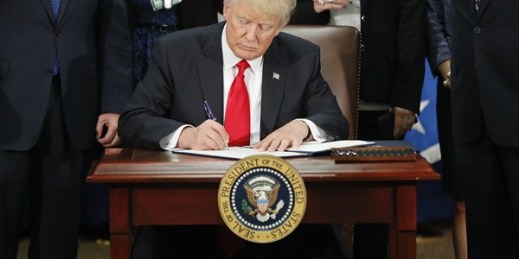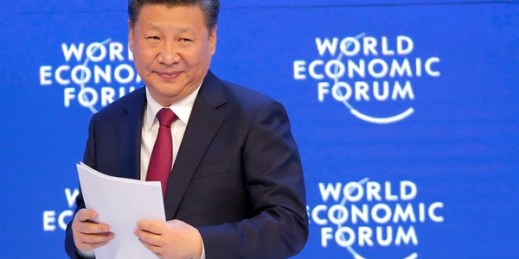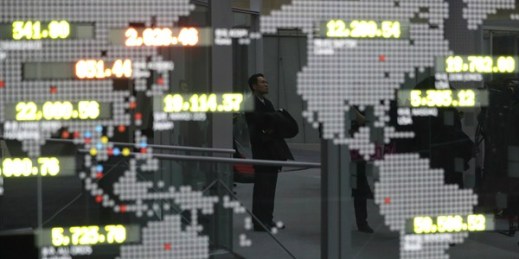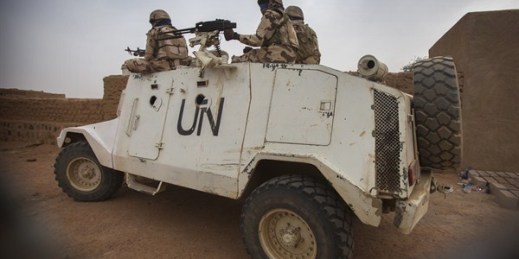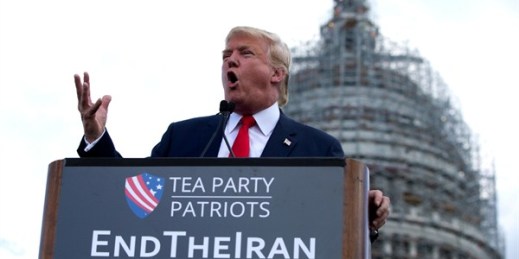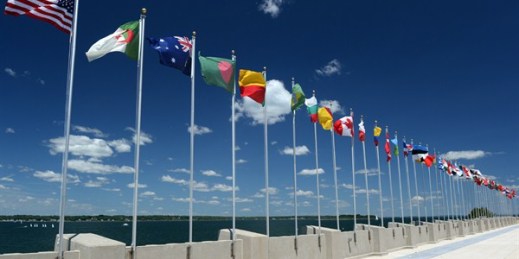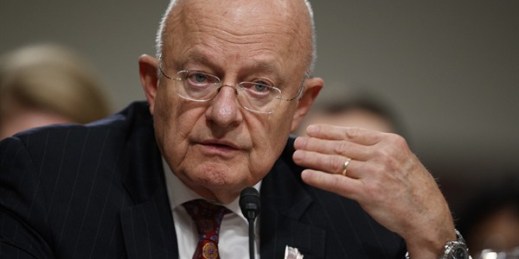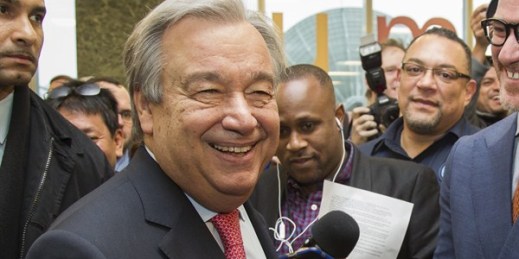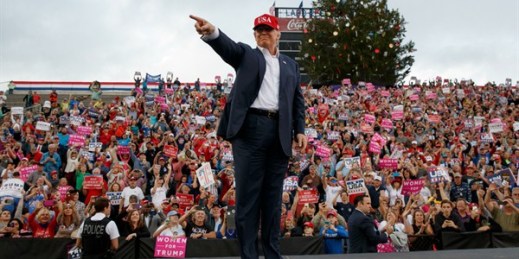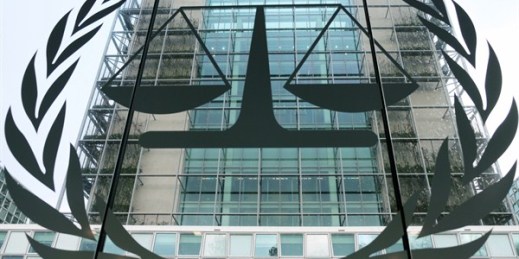
More than 11 years after the International Criminal Court issued a warrant for Dominic Ongwen’s arrest, and nearly two years after he was captured and transferred to The Hague, his prosecution finally began in December. Ongwen, a former senior commander in the Lord’s Resistance Army (LRA), faces 70 counts, including charges of murder, enslavement, rape and torture. He allegedly committed or oversaw these atrocities as part of the Ugandan rebel militia’s bloody campaign against the people of northern Uganda’s Acholiland that originally began in 1987. Though the LRA remains active in pockets of central Africa, it was driven from Uganda […]

